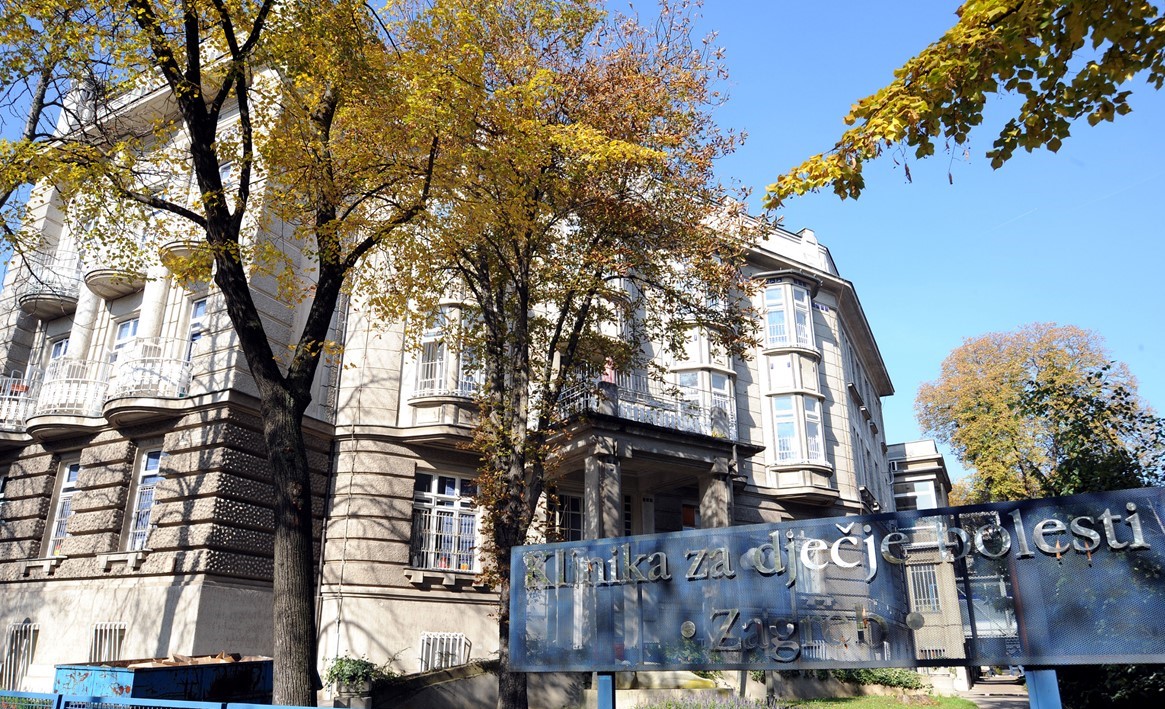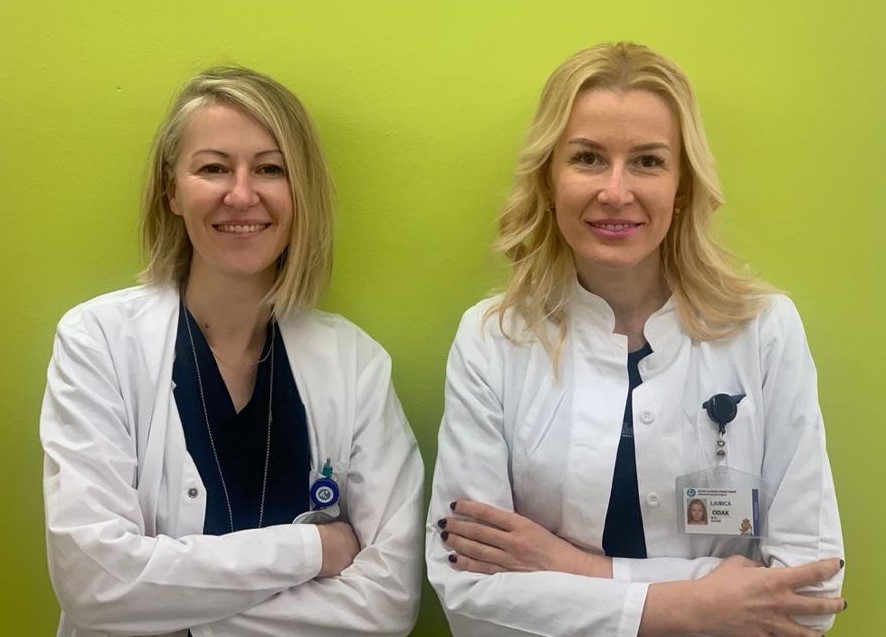
Children’s Hospital Zagreb
Ul. Vjekoslava Klaića 16
10000, Zagreb
CROATIA
Lead

Dr. Ljubica Odak
Scope
The area of expertise of our Centre, as member of the ITHACA European Reference Network (ERN), covers all syndromes exhibiting developmental anomalies and/or intellectual disability (ID). About 1/40 newborn has a congenital malformation (261/10000 fetuses and newborn following EuroCAt reports), and 1/40 has ID. Therefore, 3 to 5 % of all human births show or will develop a developmental anomaly, among which at least 25-50% are of genetic or genomic origin. This huge population represents in reality the juxtaposition of a very large number of individually rare disorders showing an extreme diversity of causes and phenotypes. The jurisdiction and scope of expertise of this ITHACA Centre includes:
- over 5500 dysmorphic and multiple congenital anomalie (MCA) syndromes, among which over 3000 monogenic diseases, all chromosome abnormalities (most of them only detectable through array technologies), multifactorial, sporadic dysmorphological anomalies and embryofetopathies of environmental origin
- >3000 monogenic and hundreds chromosomal forms of ID with or without associated autism spectrum disorder (ASD)
Service to patients
The Zagreb Children’s Hospital (Klinika za dječje bolesti Zagreb – KDB) provides comprehensive surgical and pediatric clinical and outpatient follow-up care for all patients with congenital anomalies except heart defects, from birth to adulthood. The postoperative care is maintained through the intensive care unit and ambulatory follow-up.
The Department of Medical Genetics and Reproductive Health offers clinical evaluation, genetic testing, and genetic counselling for various genetic disorders for patients of all age groups. The routine evaluation encompasses clinical examination by pediatrician/medical geneticist, family history data, anthropometry (weight, length, and head circumference), family tree analysis, ENT and ophthalmologic evaluation, evaluation by pediatric neurologist, psychiatrist, speech and occupational therapists and other specialists depending on clinical features. The KDB also provides speech and occupational therapy, eating disorders treatment, and physical therapy. The Laboratory of Medical Genetics performs methods of classical cytogenetics, molecular karyotyping (MLPA – Multiplex Ligation-dependent Probe Amplification, MS-MLPA, and chromosomal microarray), genome analysis/clinical exome sequencing/hearing loss and deafness panel gene testing, genetic syndromes, and targeted gene testing for monogenic diseases: Duchenne-Becker muscular dystrophy, Rett syndrome, achondroplasia/hypochondroplasia, fragile X syndrome, neurodevelopmental disorders, connective tissue diseases, genodermatoses, cardiac and kidney diseases, congenital eye/hearing disorder. Annually, genetic testing is available for 2300 patients while comprehensive clinical diagnostic evaluation is provided to 1700 patients with congenital anomalies, autism/intellectual disability.
As part of the EUROCAT network (European network of population-based registries), there is an epidemiological monitoring of congenital anomalies in five Croatian regions, covering approximately 18% of Croatian population.
Organisation of the center
The KDB is the largest and the most comprehensive pediatric hospital in Croatia. Guided by the principles of integrated pediatric medicine, in collaboration with associated and academic institutions, and in accordance with the International Convention on the Rights of the Children (UNCRC), the Zagreb Children’s Hospital (KDB) provides hospital medical care for ≈ 7000 children per year. Annually, around 25 000 children undergo outpatient follow-up/ care.
The KDB meets the healthcare needs of children covering the entire territory of the Republic of Croatia (total population around 4 million people), as well as neighboring countries. The treatment of patients is carried out in the form of inpatient care with accommodation capacity of 75 beds at the Department of Pediatrics and through the Polyclinic Healthcare specialist outpatient consultation. As an integrative part of the Pediatric Clinic there is a Polyclinic for Children and Adolescent Psychiatry that provides diagnostics and management of neurodevelopmental disorders as well as various psychiatric disorders manifesting during childhood.
The KDB’s Pediatric Surgery Clinic is the largest pediatric surgery facility in the Republic of Croatia (83 beds) and provides routine surgical procedures but also surgery of more complex, rare congenital anomalies, except cardiac defects. The intensive care unit provides postoperative care of the most severe pediatric and surgical patients. As part of the integrative healthcare, there is also radiology diagnostics encompassing ultrasound, X-ray, magnetic resonance, and computed tomography. Laboratory diagnostics is enabled for various type of hematological, biochemistry and microbiology testing.
Based on the long-term experience and quality of healthcare, the KDB is the base for three referral centers of the Ministry of Health of the Republic of Croatia and education center for students and residents. In collaboration with domestic and international academic institutions, the KDB participates in scientific research projects. The results of these activities are presented at scientific and professional conferences and published in indexed journals (Medline, Currents Contents).
